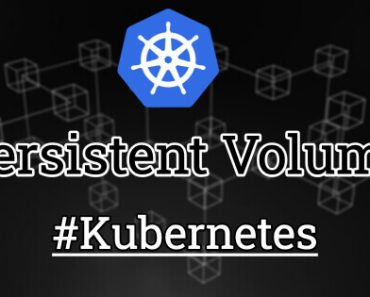Kubernetes and Docker are both popular tools used in the world of containerization. While they are often mentioned together, they serve different purposes and have distinct differences. Kubernetes is a powerful orchestration system that helps manage multiple containers, while Docker is a containerization platform that allows developers to create, deploy, and run containers.
In this article, we will explore the key differences between Kubernetes and Docker and how they can be used together to build and run modern applications.
Kubernetes Vs Docker
7 Key difference between Kubernetes and Docker
Purpose: Kubernetes is an orchestration system for containers, while Docker is a containerization platform. In other words, Kubernetes helps manage multiple containers, while Docker is used to create, deploy, and run containers.
Scale: Kubernetes is designed to run and manage large-scale, complex applications that consist of multiple containers. Docker, on the other hand, is better suited for smaller, simpler applications.
Automation: Kubernetes offers a lot of automation features, such as automatic scaling, rolling updates, and self-healing. Docker, while also offering some automation features, does not have the same level of automation as Kubernetes.
10 Must-Know Kubectl Commands for Kubernetes Administrators
Load balancing: Kubernetes provides built-in load-balancing capabilities, making it easier to distribute traffic evenly across multiple containers. Docker, however, does not provide load balancing natively and requires additional tools to provide this functionality.
Networking: Kubernetes provides a powerful and flexible networking model that allows multiple containers to communicate with each other easily. Docker, on the other hand, has a more limited networking model and requires additional tools for complex networking scenarios.
Portability: Both Kubernetes and Docker are portable and can run on a variety of platforms, including on-premise, cloud-based, and hybrid environments. However, Kubernetes has a steeper learning curve and requires more resources to set up and run, while Docker is generally easier to set up and run.
Ecosystem: Kubernetes has a large and growing ecosystem of tools, plugins, and services that extend its capabilities and make it easier to use. Docker also has a growing ecosystem, but it is not as extensive as the Kubernetes ecosystem.
In conclusion, Kubernetes and Docker are both essential tools for modern application development and deployment. While they serve different purposes, they can be used together to build and run scalable and robust applications. Kubernetes provides advanced orchestration and automation capabilities, while Docker makes it easier to create and run containers.
Whether you’re looking to build a simple application or a complex, multi-container system, Kubernetes and Docker provide the tools you need to succeed.




